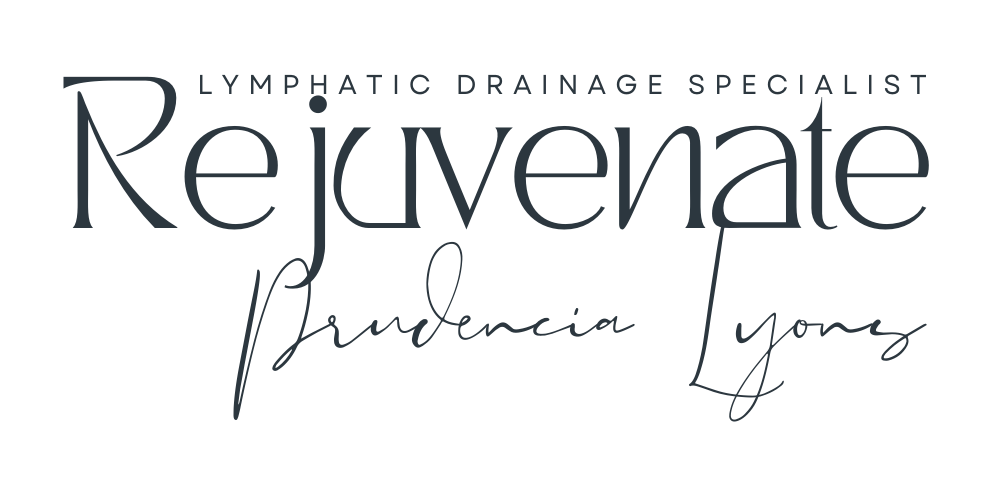The Impact of Journaling on Recovery
When you're on a journey to recovery, whether it's after surgery, an illness, or a challenging life event, the path can often be filled with both physical and emotional ups and downs. During these times, finding effective ways to navigate and document your progress can make a significant difference in your healing process. With my clients, something that has proven to be incredibly powerful is journaling.
Why Journaling Matters
Journaling is more than just putting pen to paper or typing on a screen; it's a therapeutic practice that can help you gain valuable insights, cope with your emotions, and track your recovery journey.
I have a specific post-operation recovery journal that you can grab for free here. This is a guided journal- so it’s perfect for your first attempt! I explore here how this will help you on your journey…
🖋 Emotional release/processing
Recovery often comes with a flood of emotions, from frustration and anxiety to hope and joy and journaling provides a safe and private space to express these feelings. By putting your thoughts and emotions into words, you're giving them an outlet, which can be incredibly cathartic. It's a way of acknowledging what you're going through and validating your experiences.
🖋 Setting and tracking goals
Recovery is a step-by-step process, and journaling can serve as your roadmap. By setting clear, achievable goals and recording your progress, you create a sense of purpose and direction. These goals can range from physical milestones like regaining mobility to emotional objectives like reducing anxiety. Tracking your achievements, no matter how small they may seem, can be incredibly motivating. My post-op recovery journal has a goals setting space AND various trackers for you.
🖋 Identifying patterns and triggers
Journaling allows you to spot trends and patterns in your recovery journey. You might notice that certain activities, foods, or even times of day affect your well-being positively or negatively. This self-awareness can help you make informed choices about your daily routine and habits which will ultimately lead to a smoother recovery.
🖋 Communication with healthcare providers
Your journal can serve as a valuable tool when communicating with your healthcare team. By documenting your symptoms, pain levels, and emotional states, you provide your doctors and therapists with a more comprehensive understanding of your condition. This can lead to more accurate diagnoses and more effective treatment plans.
🖋 Celebrating progress
Yes, there are challenges of recovery, I know that and I’ve found with my clients it's essential to celebrate your wins, no matter how small they may seem. Your journal becomes a record of these victories, reminding you of how far you've come. This positive reinforcement can boost your morale and help you stay motivated on your journey. They’re super great to look at on those down days.
How to Start Journaling for Recovery
If you're new to journaling, don't worry—there's no right or wrong way to do it. Here are some tips to help you get started:
📝 Grab my free journal
As this is a guided journal it’s great for beginners as you don’t have to think about what to write. There are plenty of prompts, habit trackers, diaries and goal setting. Alongside self-care ideas and planners you will also have plenty of space for free writing, journaling and notes/lists.
📝 Choose your medium
If you want to go beyond my journal you can decide if you wish to keep a physical journal, use a digital app, or even create an audio diary. Pick the format that feels most comfortable to you.
📝 Set aside time
Dedicate a few minutes each day to journaling. It could be in the morning to set intentions for the day or in the evening to reflect on your experiences. I also encourage my clients to reflect with gratitude. Finding gratitude in each day really helps you to maintain a positive outlook even when things are tough.
📝 Write freely
There's no need to worry about grammar, spelling, or structure. Your journal is for your eyes only, so write freely and honestly. People also quite often choose to doodle, draw, colour, list, scrapbook…the world is your oyster!
📝 Use prompts
If you ever feel stuck, consider using prompts to get your thoughts flowing. For example, you can start with "Today, I am grateful for..." or "One thing I accomplished today was..."
📝 Be consistent
Try to journal regularly. Consistency will help you spot trends and maintain the habit. My recovery journal will help you with that as there are prompts, so you’re not starting with a blank page.
📝 Reflect and adjust
Periodically review your journal entries to reflect on your progress, look at patterns and seek out more gratitude. Adjust any goals and strategies as needed so you work with your recovery, not against it.
So, I hope I’ve shared my love of journaling with you. It truly is a simple yet incredibly effective tool for those on a journey of recovery. It provides emotional release, goal setting and tracking, pattern identification, enhanced communication with healthcare providers, and a means to celebrate progress. Whether you're recovering from surgery, illness, or any challenging life event, consider starting a journal. It can be your trusted companion on the road to healing, offering clarity, support, empowerment and be the start of a new hobby and great habits.
If you want to start with my free journal you can download it here 👇🏼


